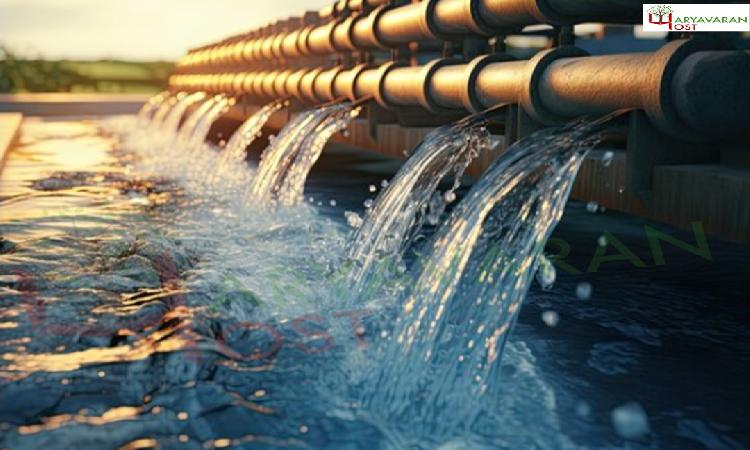

Water wastage is a critical issue that threatens the sustainability of our planet's water resources. Despite water being a renewable resource, its availability is finite and its misuse has significant environmental, economic, and social repercussions.
One of the major environmental impacts of water wastage is the depletion of freshwater resources. Freshwater constitutes only about 2.5% of the total global water, and a significant portion of this is trapped in glaciers and ice caps. Excessive water use, particularly in agriculture and industry, strains rivers, lakes, and aquifers, leading to their gradual drying up. This not only affects the availability of water for future generations but also disrupts ecosystems, causing the loss of biodiversity. Aquatic habitats are especially vulnerable as reduced water levels can lead to the death of fish and other organisms dependent on stable water conditions.
The economic implications of water wastage are profound. Inefficient water use in agriculture, which accounts for around 70% of global freshwater withdrawals, leads to higher production costs and reduced yields, ultimately affecting food security. Industries that rely heavily on water, such as manufacturing and energy production, face increased operational costs due to the need for more water and energy to process it. Furthermore, municipal water systems suffer from leaks and outdated infrastructure, leading to significant financial losses. For example, in some cities, up to 30% of treated water is lost before it reaches consumers, representing a substantial economic waste.
Socially, water wastage exacerbates inequalities. In many parts of the world, particularly in developing countries, access to clean water is already limited. When water is wasted, the gap between those with and without reliable water access widens, leading to increased health problems and lower quality of life for disadvantaged communities. The time and effort spent on fetching water, often by women and children, detract from opportunities for education and economic participation, perpetuating cycles of poverty.
To mitigate water wastage, a multi-faceted approach is necessary. Enhancing public awareness about the importance of water conservation is crucial. Implementing efficient irrigation techniques, such as drip irrigation, can significantly reduce water use in agriculture. Industries can adopt water recycling and reuse practices to minimize wastage. On a municipal level, upgrading infrastructure to reduce leaks and promoting water-saving technologies in households, such as low-flow faucets and toilets, can make a significant difference. Policies and regulations that enforce sustainable water use practices and invest in water-saving technologies are essential for long-term conservation efforts.
In conclusion, water wastage is a pressing issue with far-reaching consequences. It necessitates immediate and sustained action across all sectors to ensure the sustainable management of this invaluable resource.